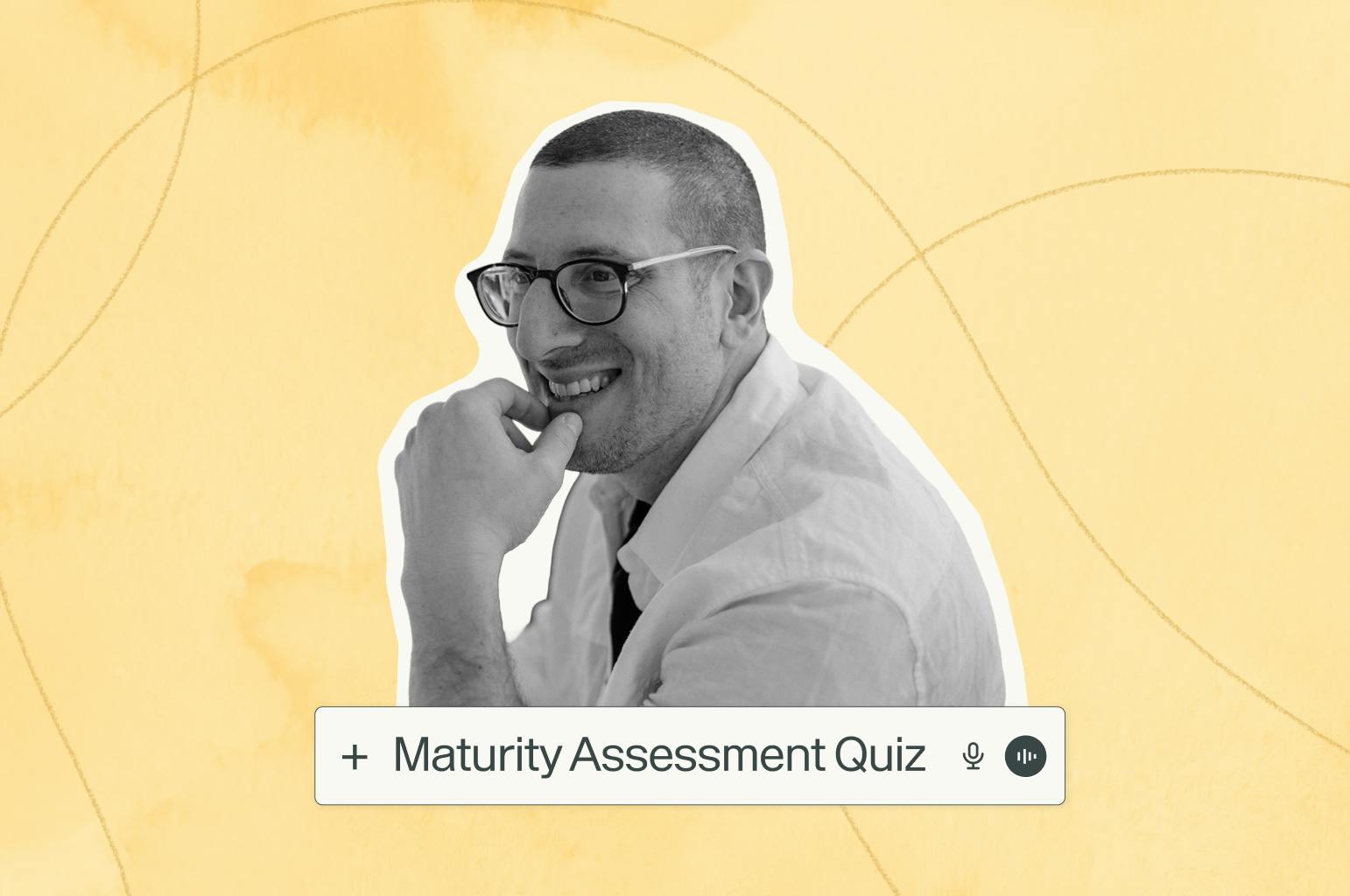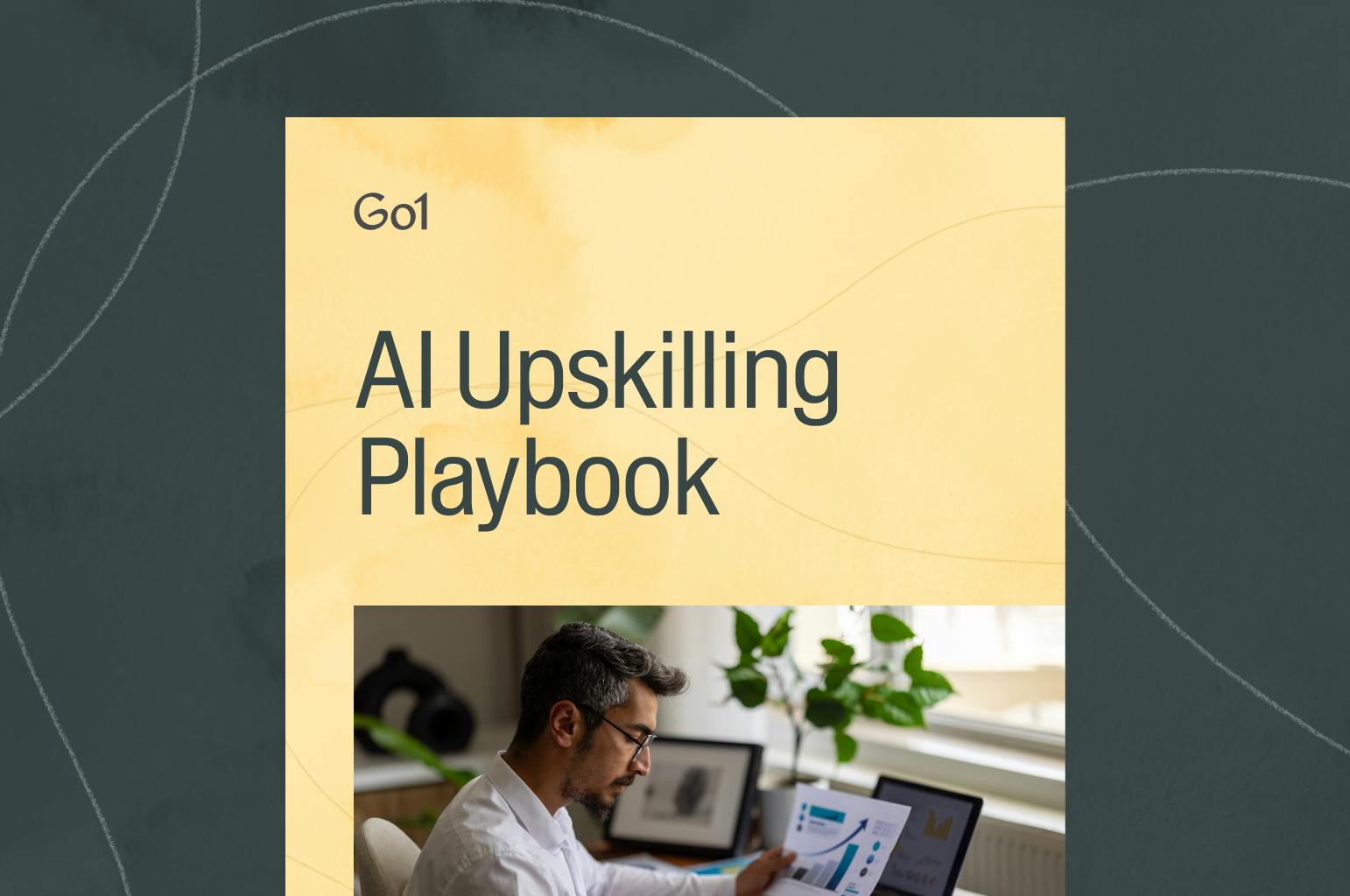Handling a crisis at work? Emotional intelligence is your best tool

More than 95% of founding executives say that Emotional Intelligence (EQ) in leadership matters more than IQ. And when it’s missing, careers often stall. In this article, we’ll unpack what EQ really means, why it’s especially critical in a crisis, and how to build it—across both leaders and teams.
What is emotional intelligence?
Emotional intelligence, or EQ, refers to the ability to understand, manage, and influence your own emotions and those of others. First defined by researchers John Mayer and Peter Salovey in 1990, EQ has since been recognized as a foundational skill for effective leadership—especially in uncertain times. Core components of EQ include:
- Self-awareness: Recognizing and naming your emotions and how they influence behavior.
- Self-regulation: Managing emotional responses, particularly in high-stakes situations.
- Empathy: Understanding and connecting with how others feel.
Why EQ matters during a crisis
When stress is high, decision-making suffers. But emotionally intelligent leaders stay grounded. They bring calm, clarity, and compassion—qualities their teams need most.
During a crisis, leaders with strong EQ:
- Make better decisions by recognizing their own biases and emotional triggers.
- Stay steady under pressure, avoiding reactive behavior that erodes trust.
- Support their teams through empathetic communication and consistent presence.
A real-world example
When a software company faced a major data breach, the CEO, Sarah, modeled emotional intelligence:
- She acknowledged the stress, but quickly regained composure to lead with focus.
- She listened to employee concerns, validated customer fears, and communicated openly.
- She acted quickly, mobilizing a response team and adapting plans as the situation evolved.
Train your leaders today
How to build EQ in your leaders
Growing emotional intelligence takes practice—but it’s worth it. Here’s how to get started:
Encourage regular self-reflection and feedback
Leaders should check in with themselves and others regularly. Key reflection questions:
- How do I typically respond when plans fall apart?
- Can I recognize when someone’s struggling, even if they haven’t said so?
- Do I create space for open, honest conversations—or tend to shut them down?
Post-crisis, follow up questions can help identify growth opportunities
- Did my team feel supported—and why or why not?
- Which of my reactions helped, and which caused harm?
- Where did I prioritize “staying strong” over showing authenticity?
Create a feedback loop
Ask teams for honest input after stressful events. Consider:
- Did leadership acknowledge emotional needs?
- Were concerns heard and acted on?
- What helped—and what was missing?
How to grow EQ across teams
Building a culture of emotional intelligence starts with training. With platforms like Go1, you can offer practical, skills-based learning that’s easy to integrate into the flow of work.
What good EQ training looks like
- Custom-fit to your team’s needs and goals.
- Interactive, with scenario-based learning, role plays, and peer discussion.
- Focused on practice, not just theory.
Here’s one example: A key product fails, and customer complaints surge. Instead of assigning blame, the team uses EQ principles to:
- Stay self-aware and communicate with empathy.
- Manage emotions internally while collaborating cross-functionally.
- Share transparent updates and support each other post-crisis.
Make emotional intelligence your edge
Unlike technical skills, emotional intelligence isn’t always easy to measure—but it’s often the difference between a team that holds steady and one that fractures under pressure. With Go1, you can give leaders and teams the tools they need to practice emotional intelligence—day in, day out.
Explore the Go1 course library to find the right training for your team
Related Articles

Application Guide: How to use the Go1 AI for L&D Maturity Assessment to assess our workforce AI capability

AI upskilling made clear: A practical guide to building an AI-ready workforce

Go1 welcomes PepTalk

5 Data-Backed Insights Shaping the Future of AI in Workplace Learning

Train smarter, spend less
Train smarter,spend less
Connect with a Go1 expert to explore the best training options for your organization—no pressure, just solutions that work.